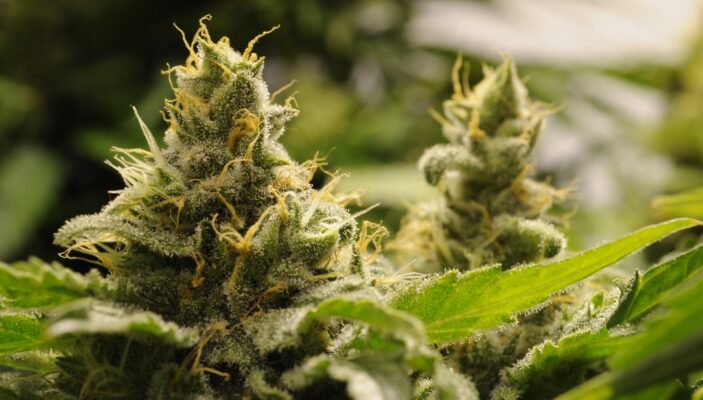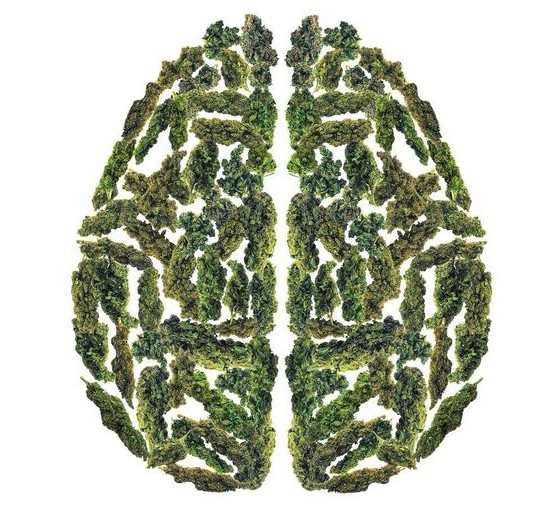Uncategorized
Cannabis and Memory Loss
Cannabis has many different effects on the brain, and it is still not fully understood how it interacts with us.
For thousands of years, cannabis has been used by humans, but we have only recently started to understand its effects. In the past 20 years or so, modern society has begun to research cannabis’s effects, after decades of being afraid to due political reasons.
If you don’t want to spend time looking at all the scientific studies on how cannabis interacts with our brains, we’ve summarized it for you.
IT IS ALL ABOUT RECEPTORS
The cannabinoids within cannabis can affect our bodies because we have what is called the endocannabinoid system. This system contains receptors that are designed to connect with cannabinoid molecules, like those found in cannabis plants. In fact, humankind has only found a handful of other similar chemicals naturally occurring in our world – making cannabis pretty special. Everyone on Earth has this system which makes it seem like we evolve specifically to use cannabinoids!
The endocannabinoid system doesn’t just affect the brain–it’s actually present throughout the whole body. This is why various cannabinoids within cannabis can cause different effects in different parts of the body. There are two types of receptors: CB1, which are found in the brain, and CB2, which are found everywhere else in the central nervous system.

FROM BLOOD TO BRAIN
As we are now fully aware, cannabis interacts with the brain. For example, when THC from inhaled smoke of a joint goes through the lungs and into the bloodstream bound for the brain, it attaches to receptors.
MUNCHIES: IT’S ALL IN YOUR MIND
One widely-known but still beloved result of cannabis on the brain is called ‘the munchies.’ This occurs when THC binds to CB1 receptors located in the hypothalamus, which controls appetite. As a result, signals are sent from the brain to the body that it is hungry and needs sustenance. It’s not that your body is actually hungrier or in dire need of more nutrients than usual–it’s just the cannabinoids making your mind believe it does. This might make a healthy person packing on an extra pound or two, but for those struggling to gain weight–such as cancer patients experiencing loss of appetite from chemotherapy treatment–this is great news.
TIME: A LIFETIME IN THE BLINK OF AN EYE
Cannabis also warps your perception of time. If you’ve ever smoked marijuana, you know that it can have a stimulating effect on the brain. This is because cannabis affects the dopamine system, which is responsible for making us feel good. However, this also means that things seem to happen much faster than they actually do. Combined with cannabis’s effect on short-term memory (see below), this can make minutes feel like hours and vice versa.

MEMORY: DID THAT REALLY HAPPEN?
One of the most significant effects cannabis has on the brain is its ability to distort and destroy memory. Although smoking a joint won’t permanently damage your memory, it can greatly impair it while you are high. This is because the hippocampus—an area of the brain related to short-term memory—has a very high concentration of CB1 receptors in it. When THC and other cannabinoids bind to the receptors, it disrupts short-term memory function. Even though this is not a long-term effect of cannabis use because function is restored after the high goes away, it still provides context for how some strains got their names, like Amnesia Haze!
BRINGING IT TOGETHER TO HELP THE HUMAN RACE
The effects of cannabis may not all sound desirable, but when taken as a whole, they have the potential to help those in need. They also go a long way in explaining why cannabis feels as good as it does.
It’s worth noting that we haven’t discussed how cannabis impacts the body yet, but studying its effects on the brain can provide some valuable perspective into its potential benefits. The following are 5 conditions – based on findings from research – that may respond well to cannabis’ impact on cognitive function.


